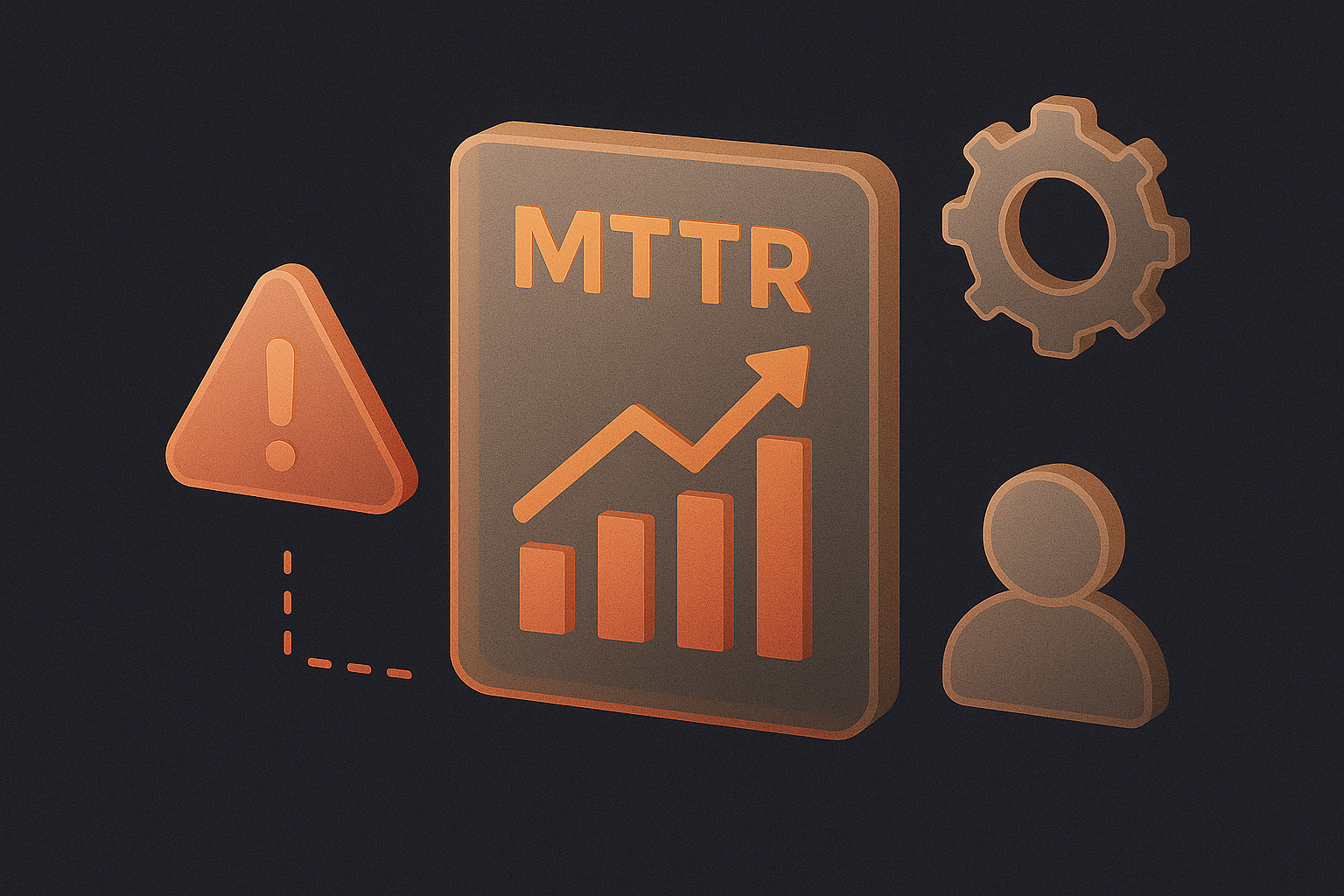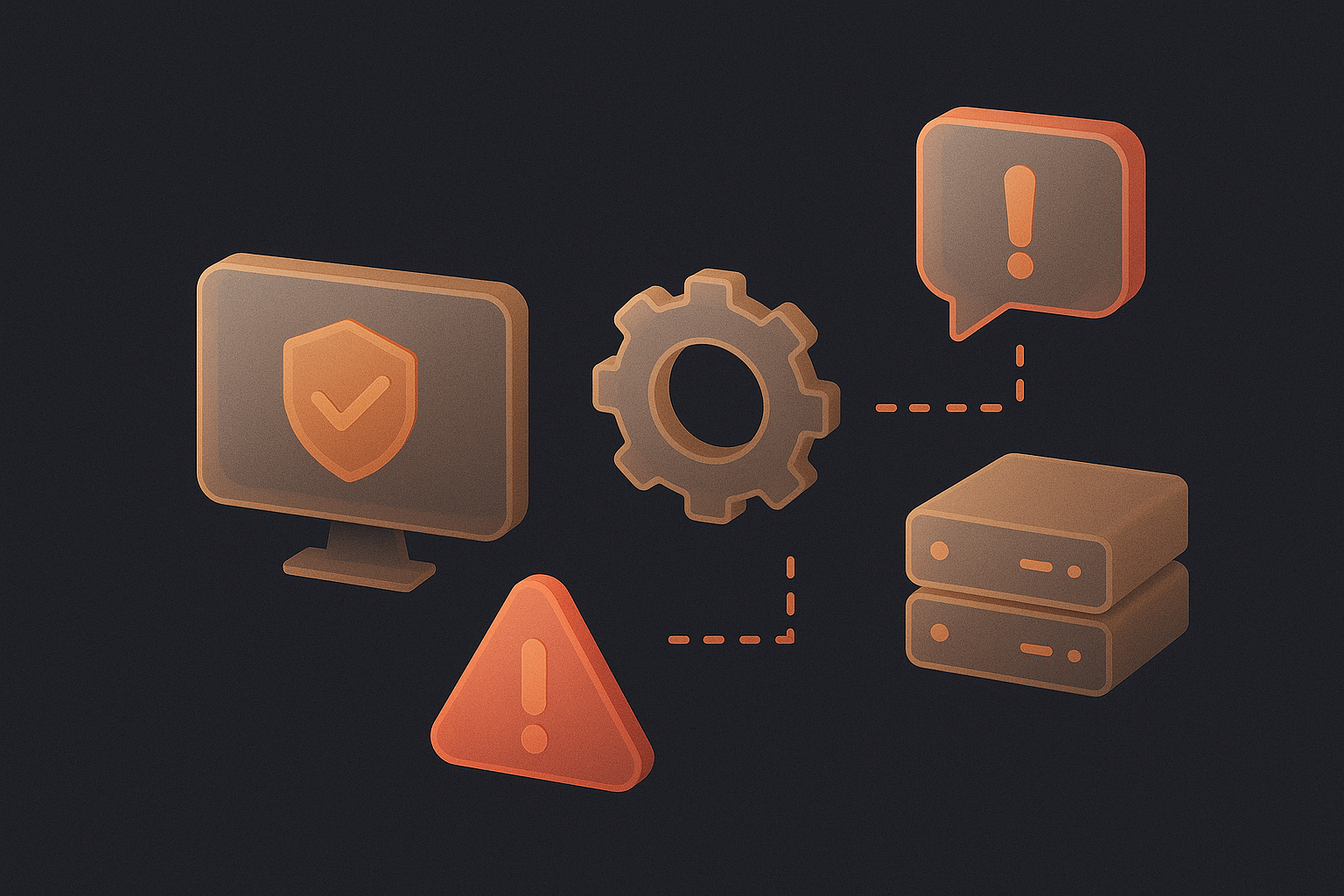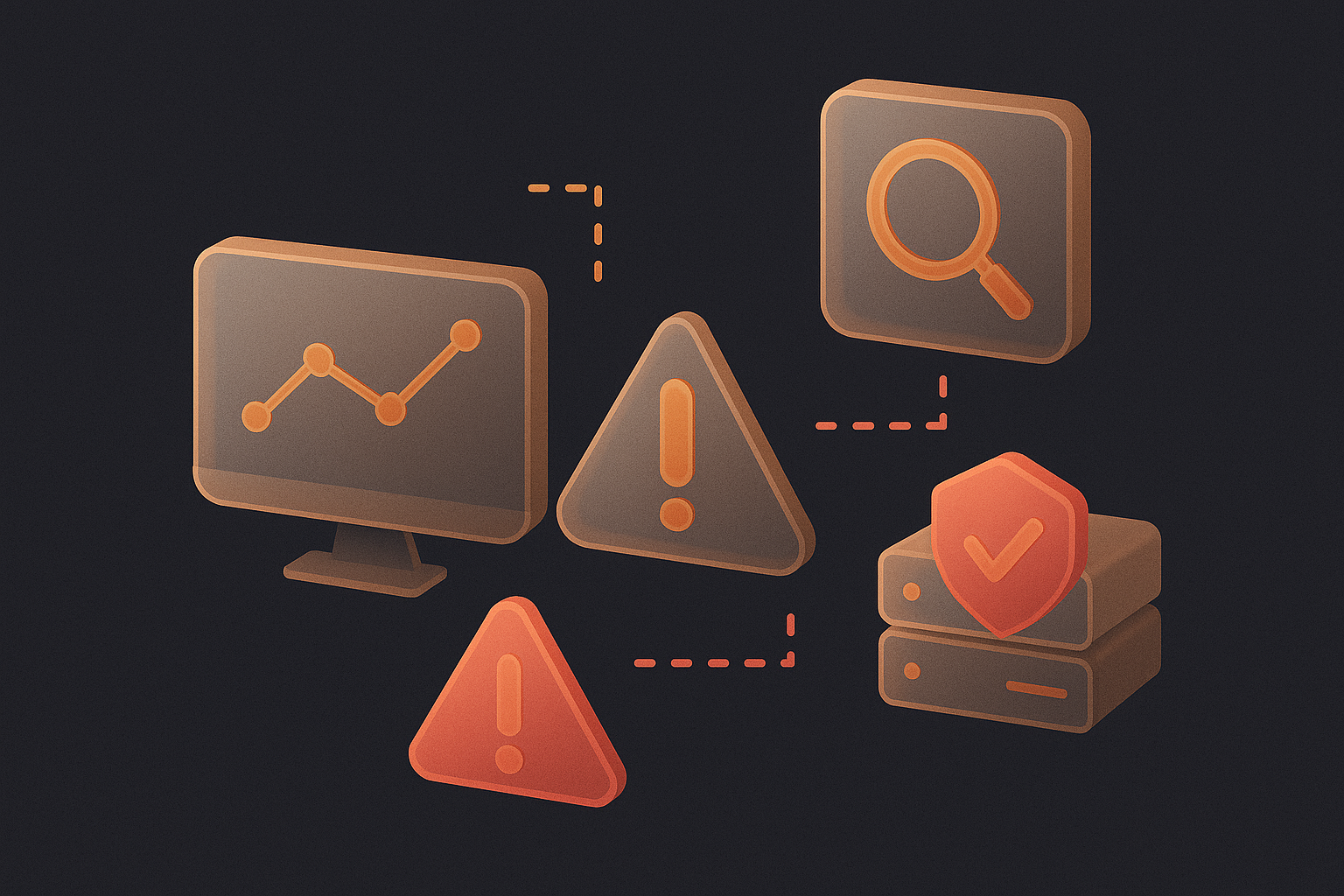Your enterprise needs oncall support, but it often struggles to achieve its desired results. Yet, the longer your enterprise waits to improve its oncall support processes and procedures, the greater the risk becomes that a minor outage could cause substantial downtime.
Ultimately, your enterprise needs seamless oncall support processes and procedures. With the right tools at its disposal, your enterprise can ensure each oncall engineer is instantly notified as soon as an incident occurs.
Plus, oncall support team members can use these tools to communicate and collaborate with one another to ensure the incident is fully resolved, as quickly as possible.
What Is OnCall Support?
Thanks to oncall support, an enterprise has anywhere, anytime access to IT administrators, security operators, and other team members at designated times. Oncall support ensures these team members are available to address incidents 24/7. So, if an incident occurs during or outside of normal business hours, an enterprise’s oncall support team can address the issue right away.
Oncall support is closely tied to oncall management. To understand the correlation between oncall support and management, let’s consider an example.
If an outage occurs outside of normal business hours, certain team members may be available to address the incident during this time frame. Although oncall staff are accessible, it may be difficult to reach them if an enterprise lacks effective processes and procedures. In fact, if an enterprise lacks a reliable incident management platform, it may be nearly impossible for oncall team members to get the notifications they need to respond to the incident without delay.
Today’s enterprises must simultaneously prioritize oncall support and management. In doing so, they can develop and implement processes and procedures that account for both elements. They can also ensure that these processes and procedures work in combination with an incident management platform or other tools that allow oncall team members to quickly and easily receive timely, relevant, and accurate alerts.
What Are the Benefits of OnCall Support?
The benefits can be significant, and they include:
1. Cost Savings
Oncall staff members are readily available to respond to incidents and minimize their impact. As a result, they can prevent an incident from causing lost productivity, along with associated revenue losses.
2. SLA Compliance
Oncall staff members understand the importance of maximizing uptime in compliance with service-level agreements (SLAs). They can monitor service levels around the clock and take preventative measures to optimize service levels. The result: oncall team members can limit downtime that can cause SLA violations.
3. Customer Satisfaction
Oncall staff members can mitigate issues before they cause outages that impact the customer experience. As such, they can ensure any issues are immediately resolved, and customers can enjoy continuous interactions with an enterprise.
To realize the benefits of oncall support, it generally helps to plan as much as possible. That way, an organization can implement the right processes and procedures to ensure its staff members get the support they need to do their jobs correctly.
What Are the Challenges Associated with OnCall Support?
The effectiveness of an oncall support staff is largely dependent upon the methods and techniques it employs. If the team cannot maintain ongoing communication throughout an incident, they can work independently to resolve the problem, which can increase the time and costs needed to mitigate the issue. Or, if oncall support team members are unsure about who is available to handle a service request, an issue may linger, leading to long-lasting harm to an enterprise and its stakeholders.
There is a risk of alert fatigue for oncall support team members as well. For instance, if team members receive incident notifications outside of their work shifts, they may be prone to tune out these notifications. They may be more susceptible to miss out on urgent and important notifications during their work shifts, which may make it exceedingly difficult to resolve major incidents.
It is crucial for teams to think through how they want to handle alerts and make sure that only available team members are informed of events. This ensures that oncall staff members can take the necessary steps to resolve incidents and mitigate their effects on an enterprise and its stakeholders.
OnCall Support Tips
There are several things that your enterprise can do to get the desired results, including:
1. Define Team Member Roles
Ensure each oncall staff member has a clearly defined role. This can help your enterprise ensure that only relevant staff members will receive the right notifications, every time.
2. Determine Primary and Secondary Responders
Figure out who should be notified about different types of incidents at different times. Ensure that primary and secondary responders are established for incident notifications and verify that these notifications can be escalated to the appropriate parties as needed.
3. Establish Schedules
Create schedules that account for who is available to respond to incidents during and outside of normal business hours. Update these schedules regularly to ensure staff members are available to respond to incidents at all times.
4. Track Results
Encourage an oncall support team to monitor its daily, weekly, monthly, and annual performance. Team members can track Mean Time To Detect (MTTD) and other metrics and use these insights to find ways to continuously improve.
5. Leverage an Incident Management Platform
Provide oncall support team members with an incident management platform that they can use to stay connected throughout an incident. The platform can work in combination with the team’s everyday systems and help team members get the most value out of their oncall management processes and procedures.
At AlertOps, we provide an incident management platform that is flexible, intelligent, and simple to use. Our platform is designed to help enterprise teams route alerts to oncall team members, create and manage oncall schedules, and more.
AlertOps can help your teams take oncall support to the next level.



